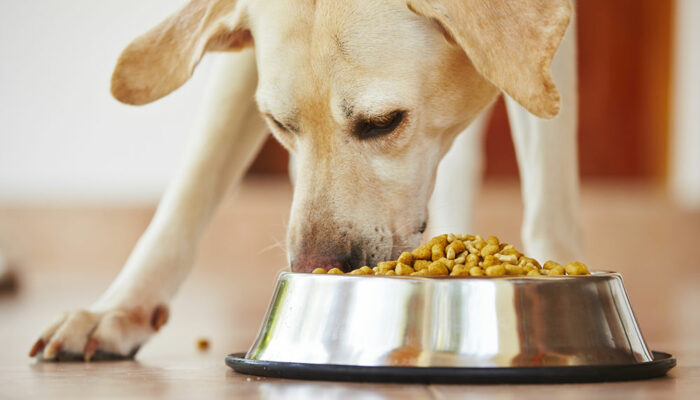
6 Foods to Avoid With Breathing Issues
And Possible Treatments
The struggle with breathing issues, whether it’s Non-Tuberculous Mycobacterial (NTM) lung disease, Chronic Obstructive Pulmonary Disease (COPD), or Mycobacterium Avium Complex (MAC) lung infection, can be a daily challenge. These diseases are often exacerbated during cold and flu season and can significantly impact your quality of life. RSV, a common respiratory virus, can also cause severe infections in people with weakened immune systems. Vaccines have long been recognized as a crucial treatment for a wide array of respiratory and breathing ailments. This critical role extends to various respiratory conditions such as Influenza, Pneumonia, Whooping Cough, Respiratory Syncytial Virus (RSV), and Tuberculosis, among others. Despite its widespread prevalence, the common cold still lacks a corresponding vaccine. Leading vaccine manufacturers, including Novovax, Fluarix Quadrivalent, Vaxelis, Infanrix, Kinrix, Pediarix, Pentacel, among others, are responsible for the production of these vital immunizations. While vaccines and medications such as Afrin, Flonase, Claritin, Zyrtec, Stiolto, and Allegra can help manage symptoms, diet also plays a critical role in managing respiratory issues. In this article, we will explore six foods to avoid to minimize the impact of breathing difficulties:
1. Processed meats
Processed meats like sausages, bacon, and ham are high in sodium and preservatives known as nitrates. A diet high in sodium can lead to fluid retention, increasing blood pressure and potentially worsening breathing problems. Additionally, the nitrates can cause inflammation and damage to lung tissue, potentially exacerbating conditions like COPD or NTM lung disease.
2. Dairy products
For some individuals, dairy products like milk, cheese, and yogurt can produce mucus, which can make breathing more challenging, particularly for those suffering from COPD. While not everyone will experience this, it is worth noting if you notice an increase in symptoms after consuming dairy. Alternatives like almond or oat milk may be more suitable.
3. Fried foods
Fried foods are high in trans fats, which can lead to inflammation and obesity. Obesity can strain your respiratory system and make it harder to breathe. Additionally, the unhealthy fats found in fried foods can lead to an increase in inflammation in the body, including the lungs, worsening symptoms of NTM or MAC lung infections.
4. Sugary foods and drinks
Consuming high amounts of sugar can cause inflammation and may also lead to weight gain. Both these factors can impact your breathing and contribute to the worsening of symptoms associated with COPD and other lung diseases. It’s best to limit sugary foods and drinks and opt for whole foods instead.
5. Allergenic foods
For some, food allergies can trigger symptoms similar to RSV, including wheezing and difficulty breathing. Common allergenic foods include peanuts, soy, wheat, fish, and shellfish. If you notice an increase in respiratory symptoms after consuming these foods, it’s best to eliminate them from your diet and speak to a healthcare professional.
6. Alcohol
Alcohol can disrupt your sleep patterns and also causes your airways to become more congested, making it harder to breathe. Additionally, alcohol can interfere with medication effectiveness, including drugs like Afrin, Flonase, Claritin, Zyrtec, Stiolto, and Allegra.
While changing your diet won’t cure breathing problems, avoiding these foods can help manage symptoms and improve your quality of life. As always, it’s crucial to talk to your healthcare provider before making any significant dietary changes. They can guide you based on your specific condition, symptoms, and overall health. Medication, lifestyle changes, and a healthy diet all play a role in mitigating symptoms. Avoiding certain foods, along with maintaining a balanced diet, regular exercise, and taking prescribed medications, can significantly enhance the quality of life for those battling with respiratory diseases.



